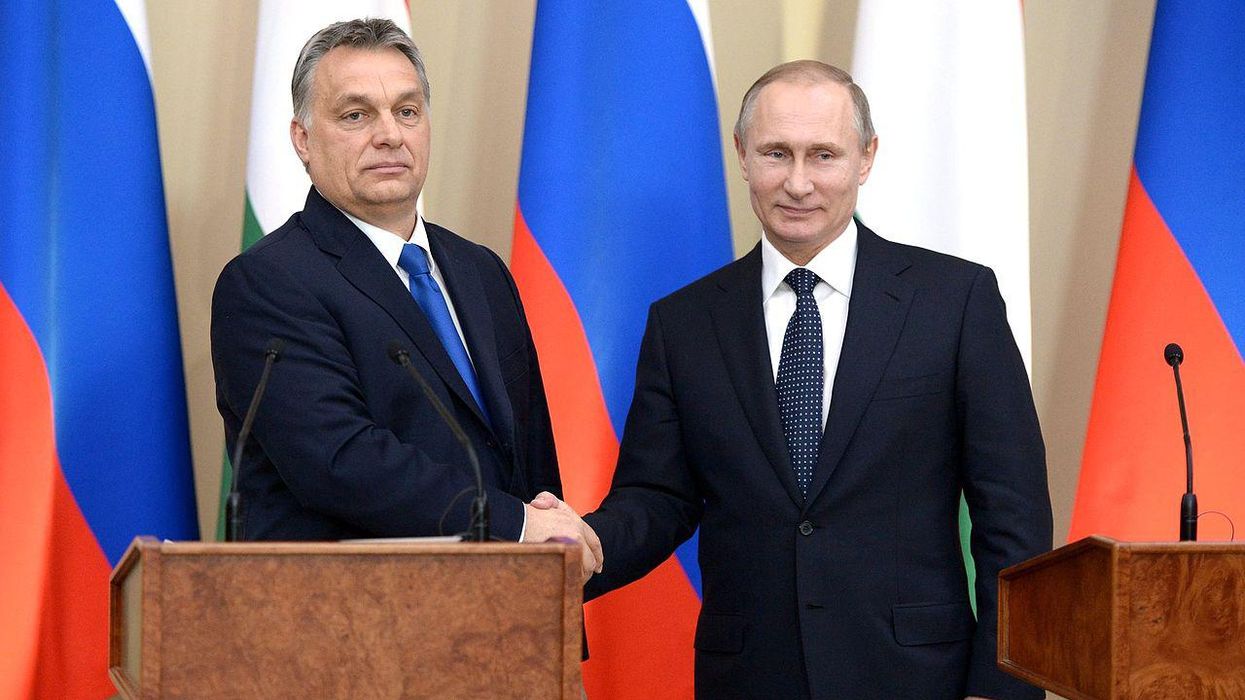Over the years, the term "fascism" has been used to describe a variety of far-right ultra-nationalist dictatorships — from Benito Mussolini in Italy, Adolf Hitler in Germany and Francisco Franco in Spain to Latin American strongmen such as Chile's Gen. Augusto Pinochet and Paraguay's Alfredo Stroessner. And in recent decades, some critics of radical Islam have used the term "Islamo-fascist" to describe far-right jihadists like al-Qaeda, the Taliban, ISIS (Islamic State, Iraq and Syria) and Boko Haram. One author who has had a lot to say about fascism in 2021 is Paul Mason, who discussed his recent book, "How to Stop Fascism," with The Guardian's Killian Fox during an interview published as a Q&A article over the weekend.
When Fox asked the British author if he had a "concise definition" of fascism, he responded, "We need to be careful, because definitions are not explanations. And when you're facing a phenomenon like the far right, that mutates quickly, definitions aren't that useful. But for me, a definitive statement would be that fascism is the mobilization of people's fear of freedom after they've seen a glimpse of freedom — of the possibility that technological modernity and education and universal rights could actually free us. They're not just afraid of other people becoming free. Deep down, they fear their own freedom too."
During the interview, the 61-year-old Mason cited some modern examples of far-right authoritarian leaders, including Brazil's Jair Bolsonaro, Turkey's Recep Tayyip Erdogan, the Philippines' Rodrigo Duterte and Hungary's Viktor Orbán. None of them came to power via a full-fledged coup d'état like Pinochet in Chile or a civil war like Franco in Spain. Rather, all of them were voted into office and set out to undermine the systems of checks and balances in their countries.
Mason also pointed to the Proud Boys as an example of a group with fascist leanings. When Fox asked Mason if he saw any "evidence" that "far-right groups" are "on the rise," the British author responded, "There's no better evidence than the fact that they managed to storm the legislature of the oldest democracy in the world."
Presumably, Mason was referring to the January 6 assault on the U.S. Capitol Building — an attack that included not only members of the Proud Boys, but also, members of other far-right extremist groups such as QAnon and the Oath Keepers.
Mason continued, "The evidence in Germany is the double-digit growth for the Alternative für Deutschland, and in Spain, the 3 million votes for the Vox party. We can't obsess about membership figures because, in a networked society, membership figures aren't the issue. It's who's retweeting, who's posting ten times a day on a secret Facebook group — and it's a lot more than a few thousand people."
Report typos and corrections to: feedback@alternet.org.
{{ post.roar_specific_data.api_data.analytics }}
MOST POPULAR
ContactAdvertise with AlterNetPrivacy PolicyWriter GuidelinesPress InformationAbout AlterNetMeet the AlterNet StaffDebug Logs
@2026 - AlterNet Media Inc. All Rights Reserved. - "Poynter" fonts provided by fontsempire.com.


